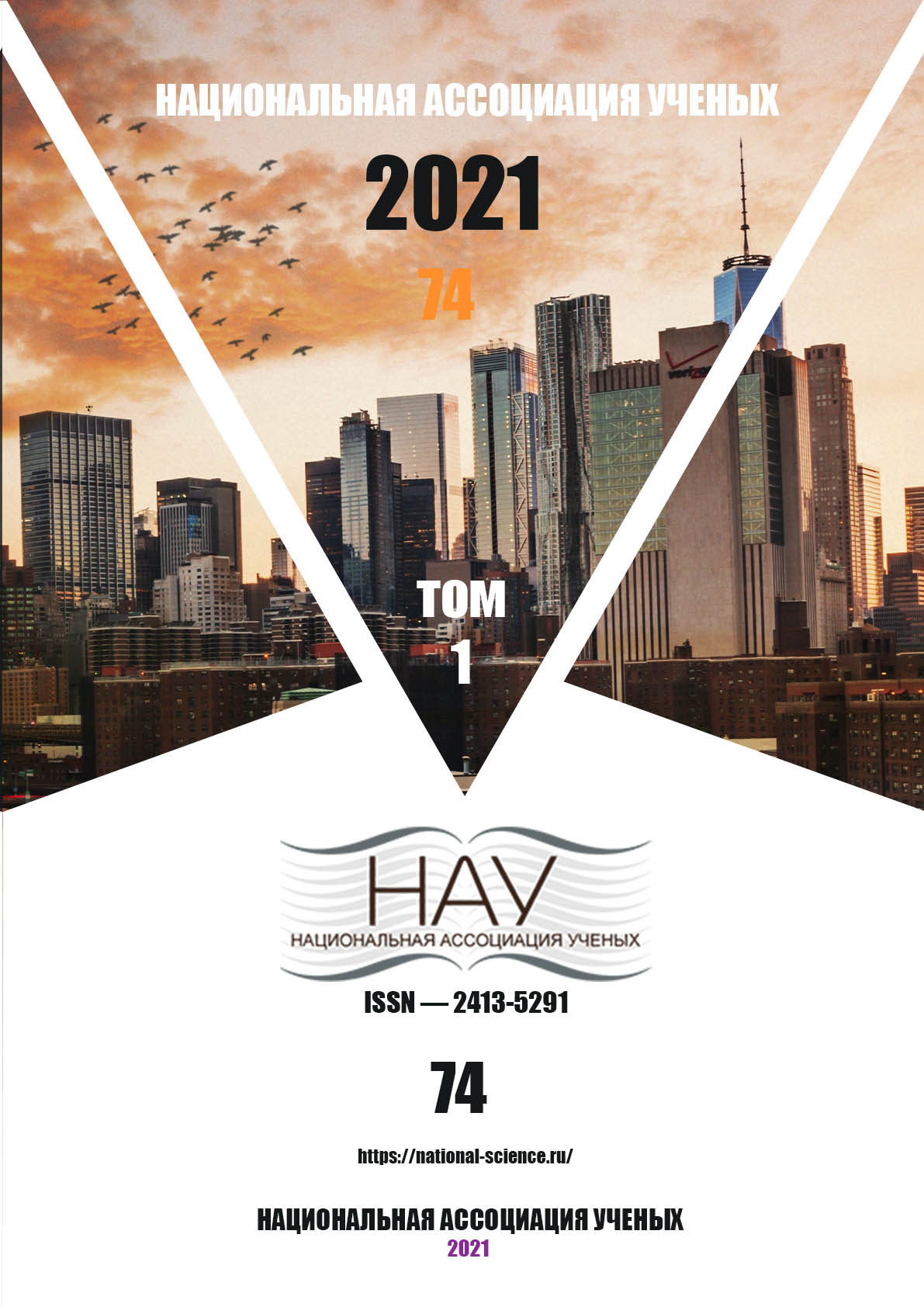ASSESSMENT OF THE TECHNICAL CONDITION OF PRODUCTION EQUIPMENT IN THE MACHINE INDUSTRY
Keywords:
technical condition, equipment, enterprise, resourceAbstract
The proper technical condition of production equipment used for production purposes plays a crucial role for industrial enterprises. One of the main tasks of engineers is the competent assessment of the technical condition of equipment, as well as its effective and rational use. Regularly performed maintenance and repair contribute to the increase of service life of technological equipment, elimination of failures in their operation, prevention of deviations of technological modes from the set parameters and are the guarantee of prompt performance of operations of technological processes. Therefore, when assessing the technical condition of the equipment, a whole system of maintenance and repair is necessary. Competently built this system will allow to achieve the most accurate indicators of technical condition.
References
R.S. Faskiev, E.V. Bondarenko, E.G. Kejan, R.H. Hasanov; Orenburgskij gos.un-t – Orenburg: OGU, 2011.-261s. Tehnicheskaja jekspluatacija i remont tehnologicheskogo oborudovanija.
T. K. Rutkauskas, V. V. Krivorotov Jekonomika organizacii (predprijatija): uchebnoe posobie / T. K. Rutkauskas [i dr.]; pod obshh. red. d-ra jekon. nauk, prof. T. K. Rutkauskas. – 2-e izd., pererab. i dop. – Ekaterinburg: Izd-vo UMC UPI, 2018. – 260 s. ISBN 978-5-8295-0563-9
Organizacija proizvodstva : uchebnik i praktikum dlja SPO / pod redakciej L. S. Leont'evoj, V. I. Kuznecova. — M. : Izdatel'stvo Jurajt, 2016. — 305 s. — Serija : Professional'noe obrazovanie.
Osnovy tehnologii mashinostroenija : uchebnik / A.M. Antimonov.— Ekaterinburg : Izd-vo Ural. un-ta, 2017.— 176 s. ISBN 978-5-7996-2132-2
Downloads
Published
Issue
Section
License

This work is licensed under a Creative Commons Attribution-NoDerivatives 4.0 International License.
CC BY-ND
A work licensed in this way allows the following:
1. The freedom to use and perform the work: The licensee must be allowed to make any use, private or public, of the work.
2. The freedom to study the work and apply the information: The licensee must be allowed to examine the work and to use the knowledge gained from the work in any way. The license may not, for example, restrict "reverse engineering."
2. The freedom to redistribute copies: Copies may be sold, swapped or given away for free, in the same form as the original.





